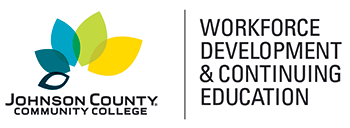Online
help
Learning at your own pace, or facilitated by an instructor
Project Management Fundamentals II (Self-Guided)
What You Will Learn
Are you a part-time or accidental project manager? Part-time project managers have projects assigned to them in addition to their daily responsibilities. Accidental project managers find themselves leading projects without formal training in the discipline. Some people choose project management as a career, and many others find project management just another part of your area of responsibilities. For you, project management is a skill set, not a career.
If you have been assigned projects and need a quick jump start to get going, then this is the course for you. You will learn the 10 essential skills you need to survive and thrive. Topics include understanding the business need and the related project outcomes, setting project boundaries so you know what's included and what's not, getting to know your project stakeholders and their needs so you can set and meet their expectations, and how to plan projects and create a schedule.
It's not enough to just manage a project, you also have to control it, so things don't get out of hand. Eventually, the project will come to an end, so you will need to know what project closing looks like. You will want to turn the project over to your customer, so you can close down the project and move on to your next big adventure.
Throughout the course, you will find examples of real projects and how each of these essential skills applies in the real world. Project management skills are essential life skills with many practical applications and all industries. Project management and leadership are consistently the top two skill sets current and future employers look for, so this is also essential for your professional development.
Online
help
Learning at your own pace, or facilitated by an instructor
$169.00
Project Management Fundamentals II (Self-Guided)
Selected Course
Dates:
Course type: Project Management
Location: Online Campus Map
Contact Hours:
Course Code: PM-911-3
Category: Project Management
Contact Hours: 24.0
Format: Self-Paced
Schedule Details:
After registering for this course, you can come back to the catalog to register for more courses.
Issues with registering? Please contact us at CERegistration@jccc.edu or call 913-469-2323.
Similar Courses




